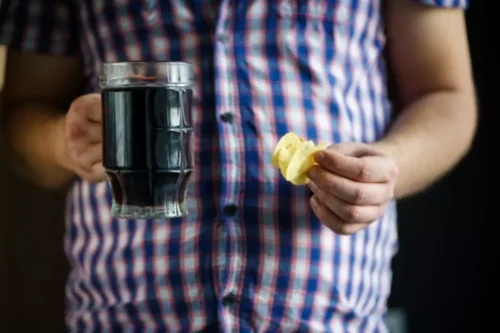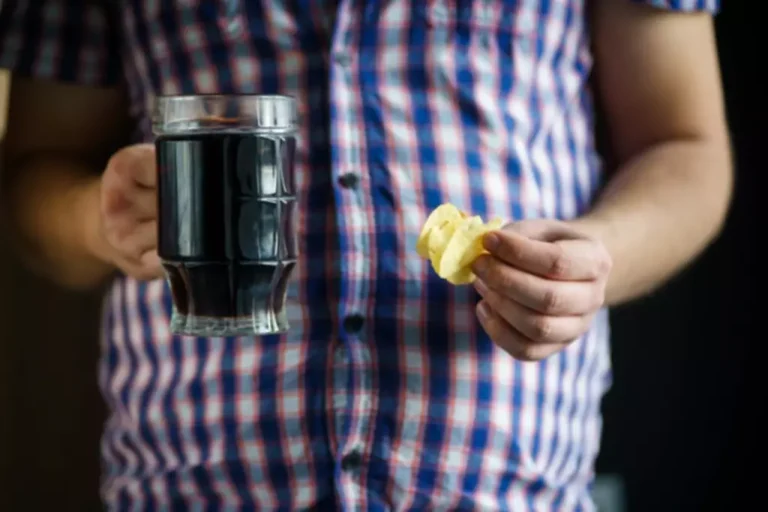
Moderate to heavy drinkers can also benefit from medical supervision in the acute withdrawal stage. For additional information about substance abuse or the management of alcohol withdrawal symptoms, call Bedrock Recovery Center today. When looking at delirium tremens, one of the major factors to consider is that people can, in fact, die from the condition. This is why such an urge is placed on helping patients in recovery understand the symptoms that relate to DTs.

to 24 hours
This process temporarily restores homeostasis, or chemical balance, in an effort to counteract the impact of long-term alcohol use alcohol withdrawal on the brain. Each of these symptoms can increase in intensity depending on the severity of the withdrawal. Withdrawal headaches from PAWS typically come back in recurrent cycles. While some people may be concerned about headaches, they are a completely normal side effect and may last up to a year.
Can Benzodiazepines Treat Alcohol Addiction Or Withdrawal?
At Caron, we understand how difficult and overwhelming alcohol withdrawal can be. At Caron, our cognitive-behavioral therapy (CBT) and motivational interviewing techniques help individuals address negative thought patterns and behaviors that contribute to alcohol use. Additionally, family therapy can be a key part of healing, helping rebuild relationships and offering loved ones the tools to support recovery. A sign of delirium tremens is the excitability of the autonomic nervous system caused by brain changes that result from heavy alcohol use and sudden cessation. Because the brain reduces its output of GABA while a person is consuming high amounts of alcohol, suddenly not drinking leaves the brain with a shortage of this calm-inducing chemical.

Top doctors in ,

If you are a heavy drinker, you may be a seizure-risk during this time period. You can minimize your risk of a seizure by detoxing in a medical facility with around-the-clock care. Quitting drinking is certainly scary, especially if you are expecting to go into withdrawal. How long alcohol withdrawal lasts depends on a variety of factors, such as how long you’ve been drinking, how often you drink, and whether or not you’ve gone through withdrawal before. His focus is on helping people who suffer from multiple issues, such as schizophrenia, mood disorders, substance abuse, PTSD, anxiety, depression, OCD, and ADHD. If you have any of these risk factors, it’s important that you withdraw from alcohol at a medical facility that’s equipped to prevent and treat alcohol-related complications.
- Take time to reflect on past experiences and recognize patterns that may have contributed to alcohol use.
- Alcohol withdrawal syndrome is a set of symptoms that occur when someone who is physically dependent upon alcohol suddenly stops drinking or drastically reduces their alcohol intake.
- Those who sought help from their healthcare providers and were given medications to alleviate their symptoms reported milder, shorter-lived symptoms overall than those who quit on their own.
- A doctor can evaluate your overall health and alcohol abuse history to help you determine how likely it is that you’ll experience symptoms.
- In addition to the sober individuals, many people among the remaining two-thirds are also drinking less and experiencing fewer alcohol-related health problems after one year.

Those who are https://ecosoberhouse.com/ able to resist relapse during withdrawals risk their lives if they try detoxing alone. Alcohol withdrawal is a common condition that affects heavy drinkers who suddenly quit. Its physical and mental symptoms can be severe and even life-threatening.
What Is Acute Alcohol Withdrawal?
Delirium tremens has a fatality rate of 37% if untreated and is considered a medical emergency. After 12 days of abstinence from alcohol, most people who quit have very few withdrawal symptoms. Your body and mind are undergoing enormous change as you adjust to sobriety. A healthcare provider can prescribe medications that can help you manage symptoms such as shakes, anxiety, and insomnia. Those who sought help from their healthcare providers and were given medications to alleviate their symptoms reported milder, shorter-lived symptoms overall than those who quit on their own. Most people will start having symptoms within the first 6-12 hours after their last drink.
- This can include family members, friends, or a professional therapist.
- The cravings and the urge to drink do not suddenly disappear after 30 days of abstinence.
- For moderate to severe alcohol withdrawal, medical detoxification in a supervised setting is often necessary.
- Knowing what to expect and getting professional medical help can make detox safer and more tolerable.
- Toxicology screening is typically done with a blood or urine sample, and can also indicate if any other substances are in your body.
